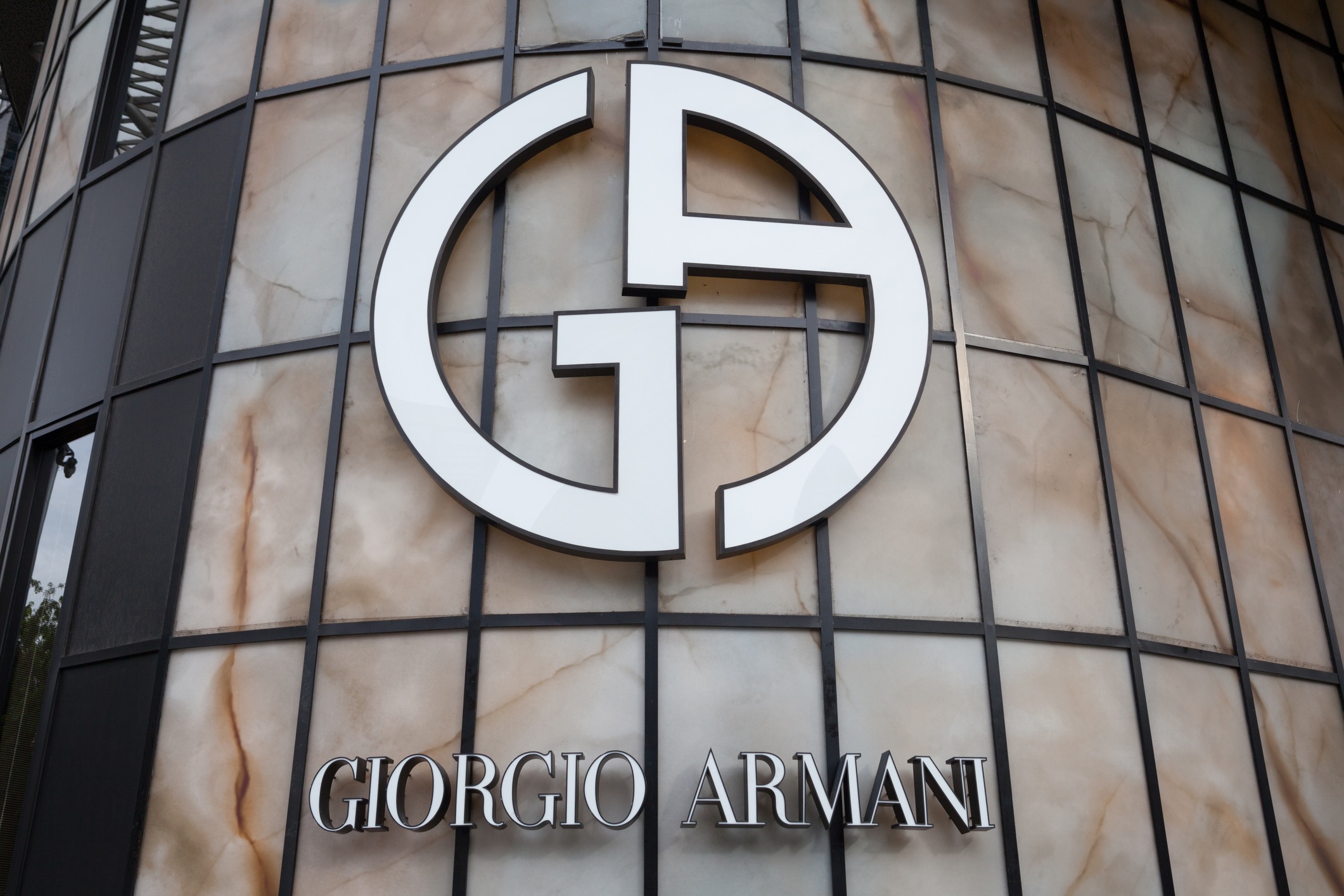Italian Watchdog Fines Armani & Shein for Misleading Sustainability Claims
Key Takeaways
- Armani fined €3.5 million: The Italian Competition Authority sanctioned Giorgio Armani S.p.A. and G.A. Operations S.p.A. for misleading ethical and social responsibility claims that conflicted with poor labor conditions at subcontractor facilities.
- Shein fined €1 million: Infinite Styles Services Co. Ltd., operator of Shein’s European websites, was fined for making vague, misleading, or false environmental claims about product recyclability and emissions reduction.
- Misalignment between words and actions: Both brands promoted ESG narratives that did not reflect their actual supply chain practices, undermining consumer trust.
- Evidence of internal awareness: Armani employees acknowledged poor working conditions in internal documents, and Shein’s emissions rose despite public pledges to cut them.
- Regulatory signal to fashion industry: The actions highlight increasing regulatory scrutiny on greenwashing and ethics-based marketing in fast and luxury fashion sectors.
Deep Dive
Two of the fashion world’s biggest names (Giorgio Armani and Shein) have just been pulled off the sustainability pedestal by Italy’s competition watchdog. The Italian Competition Authority (AGCM) has fined both companies for painting an ethical and eco-friendly picture that didn’t quite match reality. The charges? Misleading consumers through glossy green claims and hollow promises on worker protections.
If you’ve visited Armani Values, the high-end brand’s glossy platform showcasing its corporate conscience, you’d be forgiven for thinking that every Armani bag was crafted under watchful eyes in fair conditions. But according to AGCM, those statements were more style than substance.
On August 1, the Authority imposed a €3.5 million fine on Giorgio Armani and its production arm after uncovering a gap—no, a chasm—between the company’s public ethics messaging and the labor conditions behind its leather goods.
Investigators found that Armani had outsourced a significant chunk of its bag and accessory production to suppliers and subcontractors, some of which removed safety devices from machines to speed up output. Others operated in unsanitary conditions or paid workers under the table—hardly the model of “social responsibility” that the Armani websites and Code of Ethics described.
What’s more, Armani seemed aware of the rot beneath the surface. One quality control employee admitted to monthly visits to a problematic subcontractor. And an internal 2024 document pulled no punches, stating that at best, “the working environment is at the limit of acceptability,” and in other cases, there were “serious concerns regarding adequacy and health standards.” These weren’t minor oversights, they were red flags the brand acknowledged privately while continuing to promote itself publicly as a champion of workers’ rights.
Shein’s Green Curtain Pulled Back
Not to be outdone, Shein, the poster child of ultra-fast fashion, was also called out, this time for eco-friendly claims that the AGCM says didn’t hold up to scrutiny.
The authority announced a €1 million fine against Infinite Styles Services, the operator behind Shein’s European websites, for marketing that gave off a distinctly green hue, without the substance to back it up.
From slogans about “circular systems” to promises of recycled materials and bold emissions reduction targets, Shein’s messaging in sections like #SHEINTHEKNOW, evoluSHEIN, and Social Responsibility tried hard to project a sustainable image. But according to the AGCM, the claims were often vague, generic, exaggerated, or flat-out misleading.
Take the evoluSHEIN collection, for example. The brand touted it as sustainable fashion, yet it represents only a sliver of Shein’s massive catalogue. The fibers used, while “green” in name, weren’t as recyclable or planet-friendly as suggested. And while Shein promised a 25% cut in greenhouse gas emissions by 2030 and net zero by 2050, its emissions actually increased in 2023 and 2024, a contradiction that didn’t go unnoticed.
The AGCM was especially critical given the nature of Shein’s business. Fast fashion, particularly the kind that refreshes its inventory daily, is notoriously resource-intensive. That, the Authority argued, comes with a heightened duty to communicate clearly and honestly, a duty Shein failed to meet.
The GRC Report is your premier destination for the latest in governance, risk, and compliance news. As your reliable source for comprehensive coverage, we ensure you stay informed and ready to navigate the dynamic landscape of GRC. Beyond being a news source, the GRC Report represents a thriving community of professionals who, like you, are dedicated to GRC excellence. Explore our insightful articles and breaking news, and actively participate in the conversation to enhance your GRC journey.
Sponsored by






.svg)

.svg)